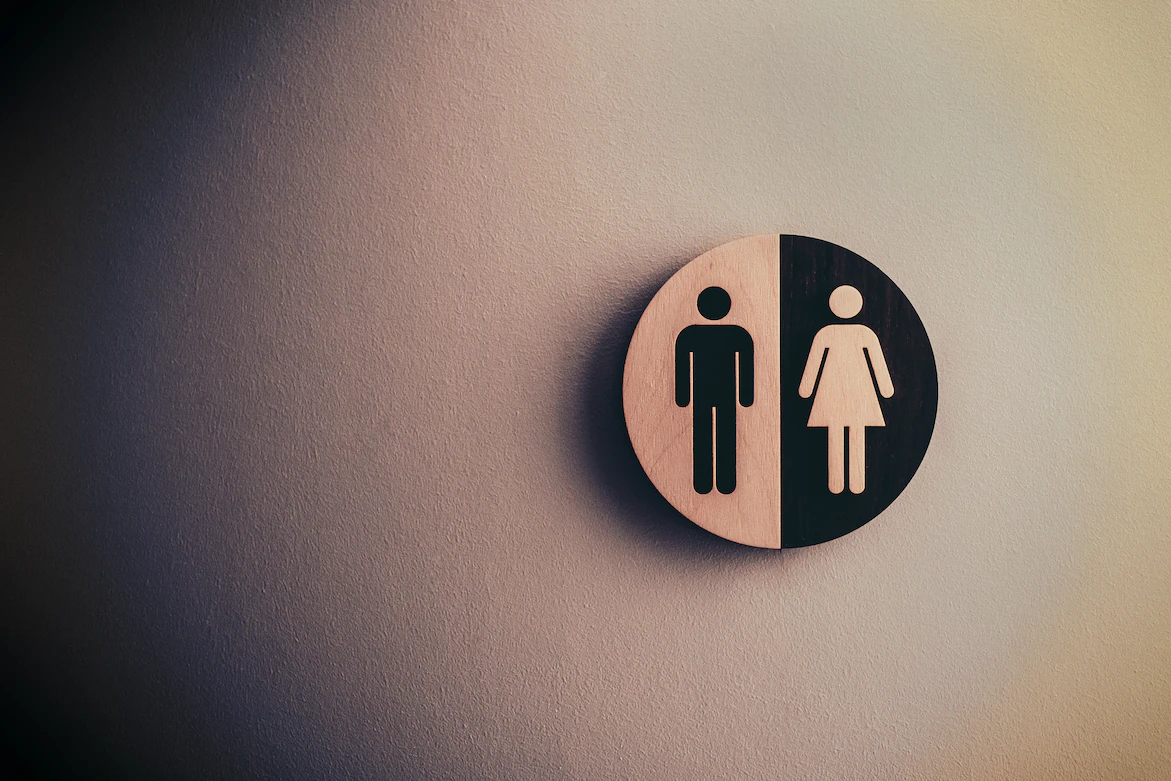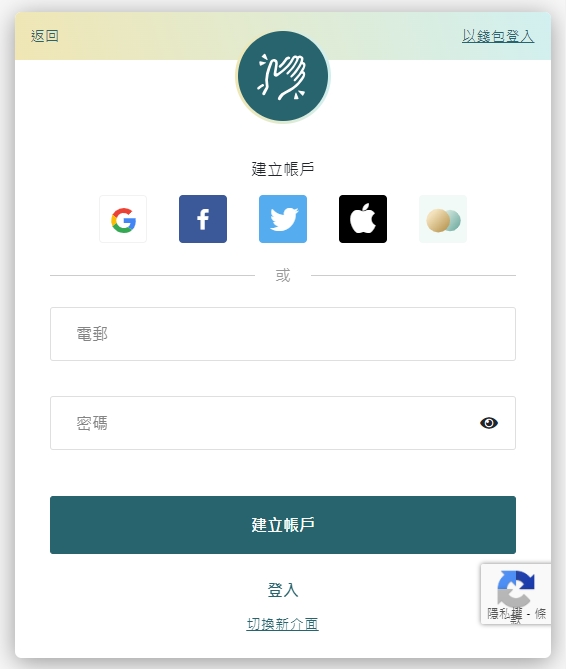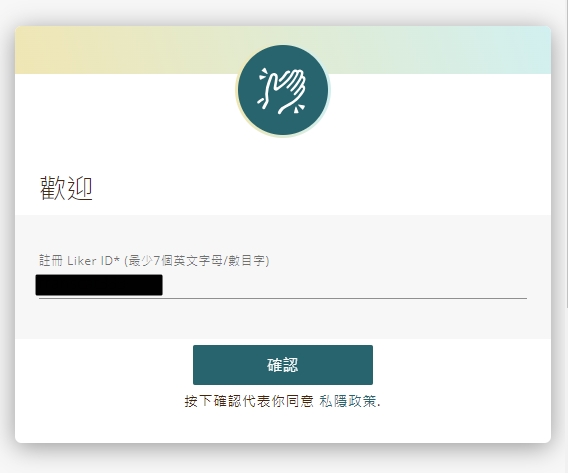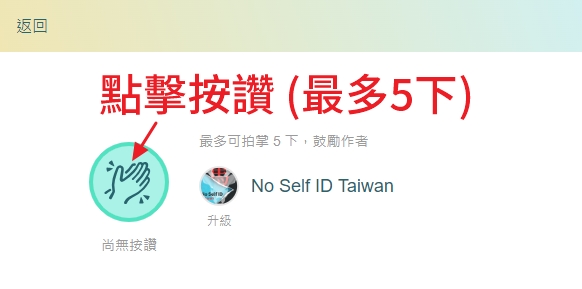
(Originally posted on Dec 4, 2022)
As a term, “gender” has been frequently discussed in gender equality education. However, the definitions of gender vary in approach. Just during the Review meeting of the ROC (Taiwan) CEDAW Fourth National Report, the debate on the definition of gender as well as the interchangeability of sex and gender was stifled among major NGOs. Crucially, the origin of gender in feminism is worth discussing.
Gender is “a roleplaying and mission-oriented system based upon biological differences between men and women”
The definition of gender was first established in the history of feminism after an anthropologist, Gayle Rubin, published her observation of the sex/gender system in her article, “The Traffic in Women: Notes on the Political Economy of Sex” (1975).
Rubin particularly points out that gender is a socially imposed division of the sexes; hence, women are “gendered” and controlled by the system to be fit as the products for the exchange between tribes.

Gayle Rubin
Source:
wikipedia
Source: wikipedia
Gender: Double misunderstandings
The term, gender, was misunderstood as “a personal temperament” that is “performed by certain behaviors” by some people’s excessive worshipping and misreading of Judith Butler’s book, Gender Trouble (1990). Butler points out that gender has performativity (in other words, everyone learns a set of rules about how to perform their genders and reinforces those impressions by dresses, behaviors, and other imitations of others); therefore, gender roles are a constant performance of an illusion. According to Bulter, by telling people this truth through parodies, gender models can be destabilized. Though encouraging people to take those actions, Butler has never defined gender “only” as a personal temperament and clothing preference, not to mention one’s self-identification.
This misunderstanding of gender as “one’s self-identification through the dresses and behaviors of specific gender stereotypes” even invaded the public domain. In 2010, the U.S. Food and Drug Administration (FDA) already misinterpreted gender by including the definition of “(personal) gender identity”. The definition of gender has hereto diverged from the origin—the social disciplines imposed upon the sexes.
Back to the original aim of CEDAW
When the CEDAW was made in 1979, the United Nations aimed to focus on the systematic disadvantages which women have been suffering from. Considering this historical context and original spirit, the definition of gender in the current CEDAW is closer to Rubin’s insight. Namely, gender as a term should refer to the people who are “suffering from disobeying/obeying female gender roles in the reality (in other words, biological females)” instead of “feminine men”. The conditions and needs of both are different. No matter how firmly some feminine men believe they can live a better life in a female community, they will never be imposed on the same social disciplines as women have always been.
Furthermore, in the General recommendation No. 28 of the CEDAW committee, it is clearly stated that: “The term ‘gender’ refers to socially constructed identities, attributes and roles for women and men and society’s social and cultural meaning for these ‘biological differences’ resulting in hierarchical relationships between women and men and in the distribution of power and rights favouring men and disadvantaging women.” To use gender correctly, we must retrospect its essence. Apparently, the groups which support transgender ideology not only obfuscate “gender” and “sex” but also misinterpret the former. Gender is a set of social disciplines imposed upon one’s sex. Gender is not personal temperament, personal preference, or self-claimed identity.
The risks of obfuscating gender and gender identity
Under the condition that gender and sex were incorrectly understood, imprecisely translated, and misinterpreted without any consideration of cultural differences, the Gender Equality Committee of the Executive Yuan has strongly insisted that both could be used interchangeably and translated as the same Chinese term, “性別”. Notably, gender and sex are completely not concepts from the same level. Surely, we do not know whether those experts consulted by the Executive Yuan are holding a certain ideology that dissuades them from noticing or persuades them to ignore such a fundamental mistake in the diction of feminism theories. It is predictable that after this false extension of the definition of gender, the laws protecting biological females will be invalid. Any biological male can claim to be a woman/female and thus has the right to use women’s seats, women’s spaces, women’s services (based upon body and privacy), and women’s sports. If not granted, the male can claim to be discriminated against his gender identity to gain the access to all the above.
In the end, every current protection regulation regarding women will be meaningless. It is time to wake up and open your eyes. All the supporters of women’s rights should understand this fact and begin to establish a boundary with transgender ideology.




